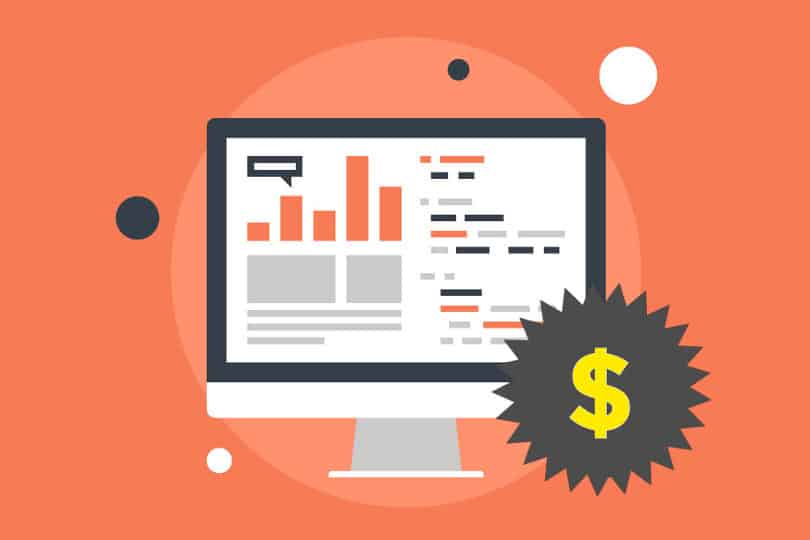It used to be that websites were merely one part of a company. But as time has passed and more and more has moved online, many websites have actually become synonymous with the company. So if you ever decide to sell your website, you need to give the decision the weight it deserves.
IMAGE: PIXABAY
Exploring The Website Sales Process
Selling a website is no trivial matter. Depending on what’s attached to the business, how successful it is, and value it has in the marketplace, websites regularly fetch five-, six- and even seven-figure sales prices. With this much money potentially on the line, it would be foolish to take the website sales process lightly. Here are some different issues, topics, and techniques to consider:
1. Why Are You Selling?
This is the first question you have to ask yourself. In other words, what’s the motivating drive behind selling the website? For some people, it’s a chance to make a quick buck. For others, it’s the desire to get out of a business they’re no longer passionate about.
You may even find that you have a totally different motivation – and that’s fine. The important thing is that you know why you’re selling. When you have a clear understanding of why you’re selling, you put yourself in a better position to find the right buyer, command the right price, and complete a transaction that benefits all parties involved.
2. Determining Value
Arguably the most important and painstaking part of the process is determining a fair value. Value is dependent on a number of factors. If you’re selling an e-commerce or revenue-producing website that’s essentially a business, then the value will be directly tied to revenue. There are certain formulas entrepreneurs and investors use when purchasing a revenue-producing site.
If they’re healthy and have a track record of sustainable, predictable monthly income, the website may sell for 20-to-30-times net monthly revenue (or two-to-three-times annual revenue). Sometimes the valuation can be far less if there are negative factors involved. Another thing to consider is the domain name. Believe it or not, this simple element can have a major impact on value – especially if you have a premium domain name.
As NameExperts.com explains, “The domain name must solve a problem, or provide value to a consumer [in order to be considered a premium domain name]. It must be free of any black-hat SEO tactics and history. The domain name should also contain a positive connotation or meaning. It should not focus on a specific technology or stale business model and should be seen as an equity play—long term.” As you can see, there’s a lot at play. If you don’t feel comfortable coming up with a valuation on your own, you can hire a website broker to guide you through the process and provide expert advice.
3. Clear, Descriptive Listings
The more descriptive you are with your website listing, the more likely that you’ll find a buyer who is willing to meet your asking price. (You’ll also protect your own legal and financial self-interest as it relates to disclosure and transparency.) When developing your listing, avoid using hyperbole or exaggerated claims.
Stick to truths that you can prove with data and documentation. Consider adding sections about you (the seller), a basic description of the site, information on why you’re selling, monthly revenue information, details on ad spend, challenges the site faces, and new opportunities for the site. So long as you’re being truthful, more information tends to be better for the seller.
4. Finding Buyers
There are a number of ways to find and reach prospective buyers. You can use an online marketplace that’s dedicated to selling websites, a domain broker, a traditional advertising strategy, or even personal networking. Each comes with its own pros, cons, and expenses. You’ll want to weigh these factors to come up with the smartest plan of attack.
Ready, Set, Sell
The sale of a website is a serious matter that should be given the same weight as any other asset – such as a vehicle or a home. If you aren’t comfortable with the process – or don’t yet have enough information in hand – step back and slow down a bit. This isn’t something you want to rush forward with. Slow, calculated decision-making will yield the best results.
If you are interested in even more business-related articles and information from us here at Bit Rebels, then we have a lot to choose from.


COMMENTS